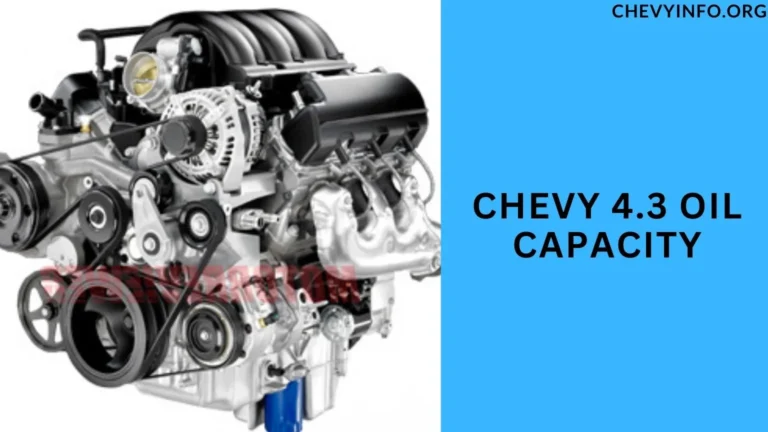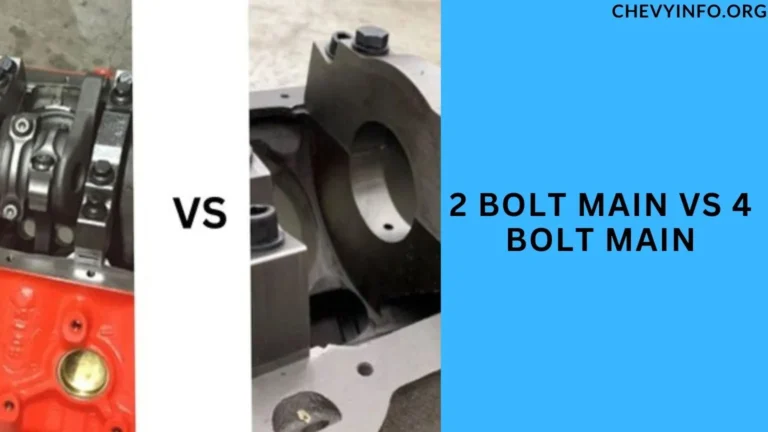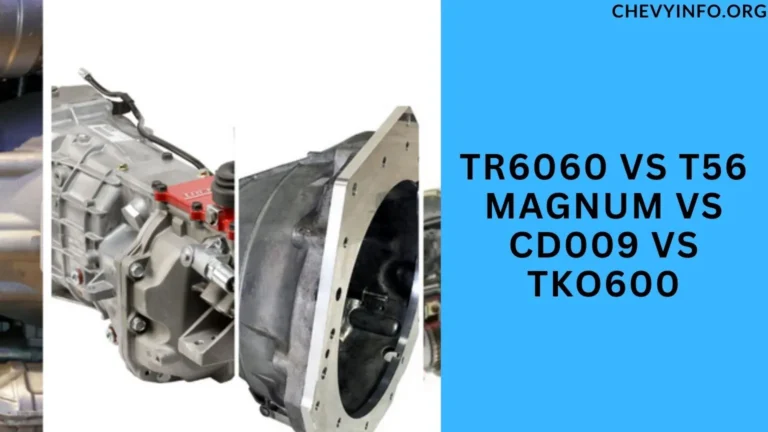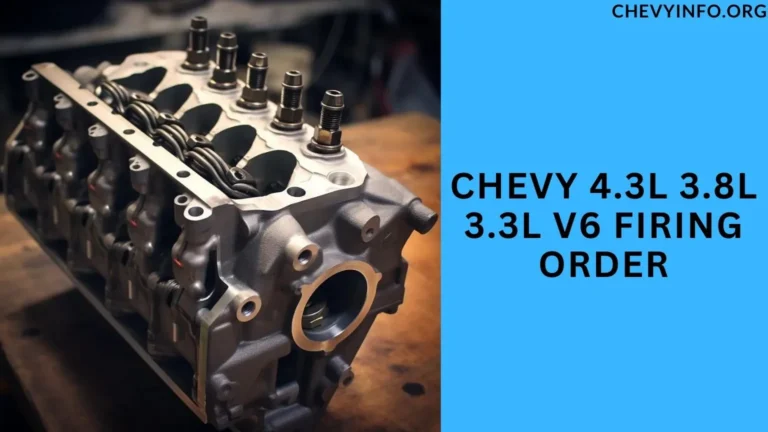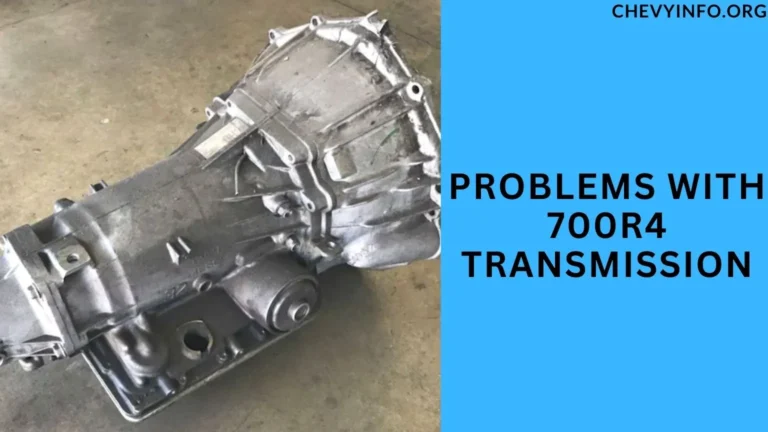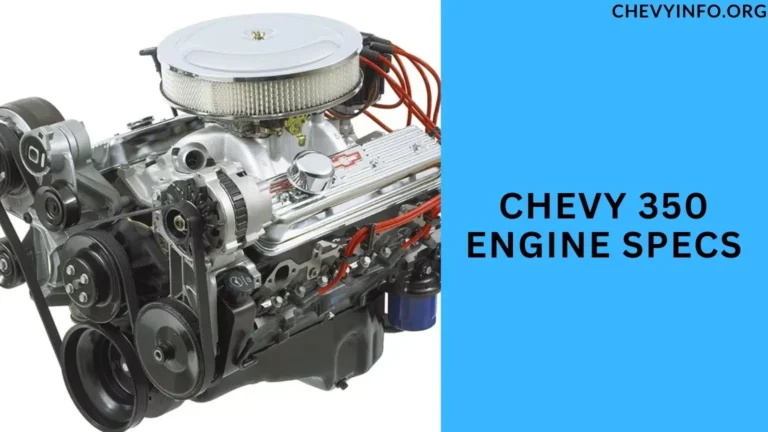Chevy 6.6 Gas Problems (Causes, Fixes) of 2024
Chevy’s 6.6 gas engines have long been favored for their power and performance in various vehicles.
Chevy 6.6 Gas Problems, However, like any complex machinery, they are not immune to issues that can affect their functionality and longevity.
In this article, we delve into the common problems faced by Chevy 6.6 gas engines and explore the causes, symptoms, diagnostic techniques, fixes, preventive measures, and more.
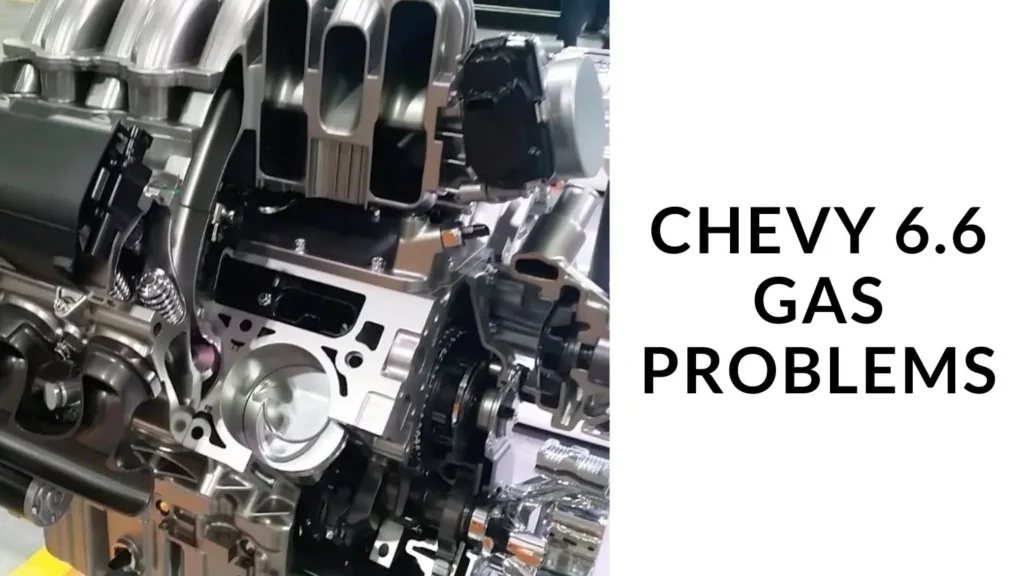
Introduction to Chevy 6.6 Gas Engines
Chevy 6.6 gas engines are renowned for their robustness and ability to deliver substantial power, making them a popular choice for heavy-duty vehicles and towing applications.
These engines are designed to provide reliable performance under demanding conditions, but they are not immune to problems that can arise over time.
Common Chevy 6.6 Gas Problems
Chevrolet’s 6.6-liter gas engines, while renowned for their power and performance, can encounter several common problems that owners should be aware of.
These issues can range from fuel efficiency concerns to performance-related challenges and maintenance difficulties.
Here are some of the most prevalent problems that Chevy 6.6 gas engines may experience:
Fuel Efficiency Issues
One of the primary concerns with Chevy 6.6 gas engines is their fuel efficiency. Due to their size and power output, these engines can consume a significant amount of fuel,
especially during heavy loads or towing. Owners often notice a decrease in mileage, leading to increased operating costs.
Engine Performance Concerns
Another common issue is related to engine performance. Some drivers report instances of reduced power, hesitation during acceleration, or difficulty maintaining consistent speeds.
These performance issues can be frustrating and may indicate underlying problems within the engine system.
Maintenance Challenges
Maintaining a Chevy 6.6 gas engine can also pose challenges. The complexity of modern engine systems requires regular servicing and attention to ensure optimal performance. Neglecting routine maintenance can lead to a cascade of problems over time.
Causes of Problems in Chevy 6.6 Gas Engines
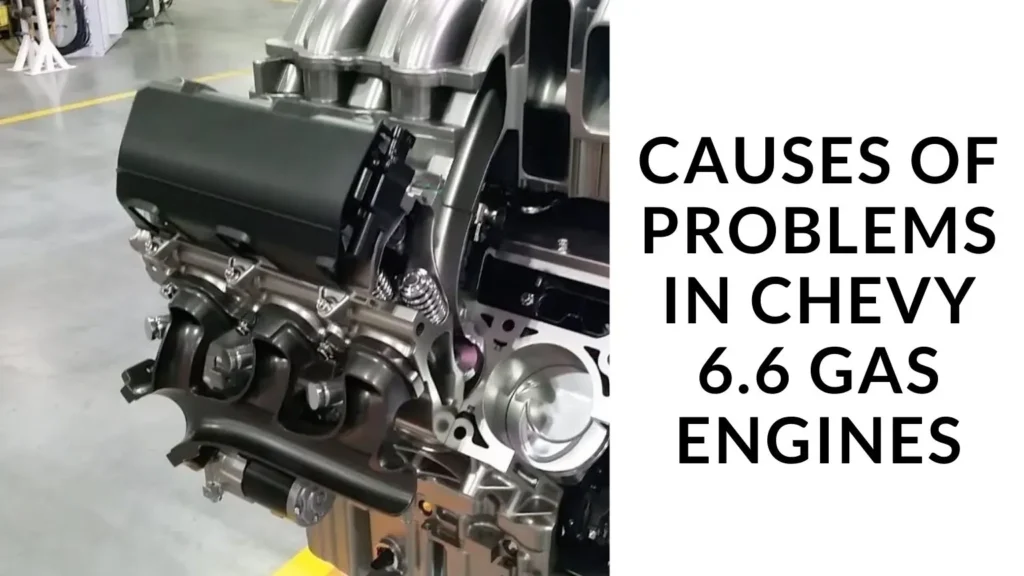
Understanding the root causes of these problems is crucial for effective troubleshooting and resolution. Several factors contribute to the issues experienced with Chevy 6.6 gas engines.
Fuel Quality
The quality of fuel used can significantly impact the performance and reliability of Chevy 6.6 gas engines.
Contaminants or low-grade fuel can cause engine knocking, reduced combustion efficiency, and increased wear and tear on engine components.
Engine Design
While Chevy 6.6 gas engines are engineered for durability, certain design aspects can contribute to potential problems.
Factors such as compression ratios, cooling systems, and emission controls play a role in the overall performance and longevity of the engine.
Usage Patterns
The way a vehicle equipped with a Chevy 6.6 gas engine is used can also influence its longevity.
Heavy towing, frequent stop-and-go driving, or extended idling periods can put additional stress on the engine, leading to accelerated wear and potential issues.
Signs of Chevy 6.6 Gas Engine Problems
Recognizing the signs of potential engine problems is essential for early intervention and preventing further damage.
Here are some common symptoms to watch out for:
Poor Mileage
A noticeable drop in fuel efficiency is often one of the first signs of underlying engine problems.
Owners may observe increased fuel consumption without any changes in driving habits or operating conditions.
Engine Misfires
Misfiring cylinders can occur due to various reasons, including faulty ignition systems, fuel delivery issues, or engine sensor malfunctions. These misfires can result in reduced power, rough idling, and increased exhaust emissions.
Unusual Sounds or Vibrations
Strange noises such as knocking, rattling, or squealing coming from the engine compartment can indicate mechanical problems.
Similarly, vibrations or shaking felt through the vehicle’s steering wheel or chassis may signal issues with engine components or drivetrain.
Solutions and Fixes for Chevy 6.6 Gas Engine Problems
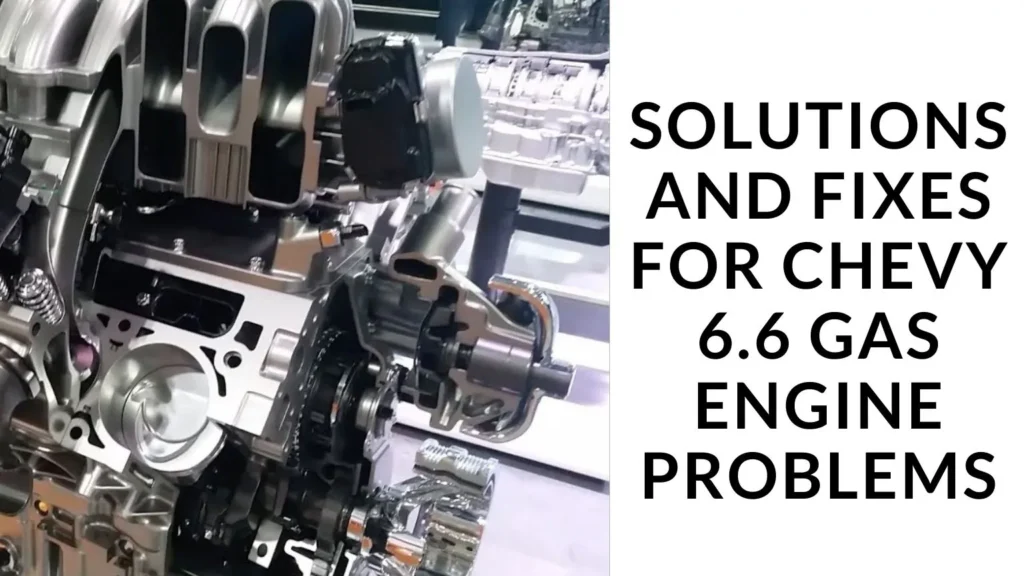
Addressing Chevy 6.6 gas engine problems requires a systematic approach to diagnosis and repair.
Here are some effective solutions and preventive measures:
Regular Maintenance
Adhering to the manufacturer’s recommended maintenance schedule is crucial for keeping a Chevy 6.6 gas engine in top condition. This includes oil changes, filter replacements, fluid inspections, and tune-ups as needed.
Fuel System Cleaning
Periodic cleaning of the fuel system can help remove deposits, improve fuel atomization, and restore engine performance.
Using high-quality fuel additives or seeking professional fuel system cleaning services can mitigate fuel-related issues.
Engine Tuning
Ensuring that the engine is properly tuned can optimize fuel delivery, ignition timing, and overall efficiency.
Tuning adjustments, sensor calibrations, and software updates may be necessary to address performance concerns and improve drivability.
Importance of Addressing Chevy 6.6 Gas Engine Problems
Ignoring or neglecting Chevy 6.6 gas engine problems can lead to more significant issues over time. Timely diagnosis and repairs not only enhance vehicle performance but also prevent costly repairs and downtime.
People also ask
Is the GM 6.6 L gas engine reliable?
The GM 6.6 L gas engine, commonly found in Chevrolet and GMC vehicles, is generally considered to be reliable.
It offers a good balance of power and efficiency, making it suitable for a range of applications including heavy-duty trucks and towing.
However, like any mechanical component, proper maintenance and care are crucial factors in ensuring its long-term reliability.
Regular servicing, adherence to recommended maintenance schedules, and addressing any potential issues promptly can help maintain the reliability of the GM 6.6 L gas engine.
What gas mileage does a 6.6 gas engine get?
The gas mileage of a 6.6 gas engine can vary depending on factors such as vehicle weight, driving conditions, and load.
On average, a Chevy 6.6 gas engine may achieve around 10 to 15 miles per gallon (MPG) in city driving and 15 to 20 MPG on the highway.
However, these numbers can fluctuate based on individual driving habits and the specific model and configuration of the vehicle.
Does the Chevy 6.6 gas have DFM?
The Chevy 6.6 gas engine does not have Dynamic Fuel Management (DFM).
DFM is a technology used in some GM engines to improve fuel efficiency by dynamically activating and deactivating engine cylinders based on driving conditions.
However, this technology is primarily found in GM’s V8 engines, such as the 5.3-liter and 6.2-liter V8s, and is not currently implemented in the Chevy 6.6 gas engine.
What is the 6.6 Chevy gas engine?
The 6.6 Chevy gas engine refers to a powerful 6.6-liter gasoline engine manufactured by Chevrolet, a division of General Motors (GM).
It is commonly used in heavy-duty trucks, such as the Chevrolet Silverado 2500HD and 3500HD, as well as some commercial vehicles.
The engine is known for its robust performance, towing capability, and reliability, making it a popular choice for demanding applications.
Conclusion
In conclusion, Chevy 6.6 gas engines offer impressive power and performance but can experience various problems related to fuel efficiency, engine performance, and maintenance.
Understanding the causes, recognizing early signs, and implementing effective solutions are essential for ensuring the longevity and reliability of these engines.

Henry Worner, a seasoned automotive expert with over 13 years of experience in car repair, maintenance, and performance enhancement, ChevyInfo.org was born out of a passion for Chevrolet vehicles. Henry’s deep-rooted love for everything Chevy has driven him to create a platform where fellow enthusiasts, car owners, and anyone interested in Chevy cars can find valuable insights, tips, and guidance.

